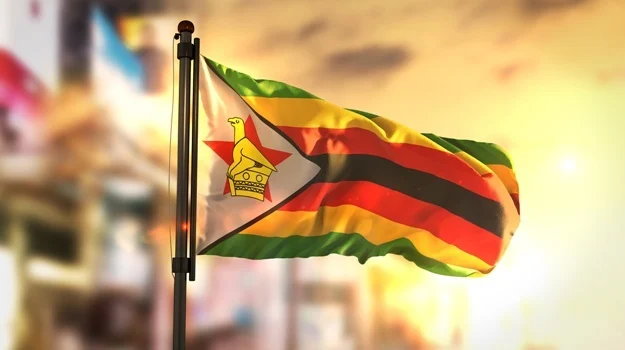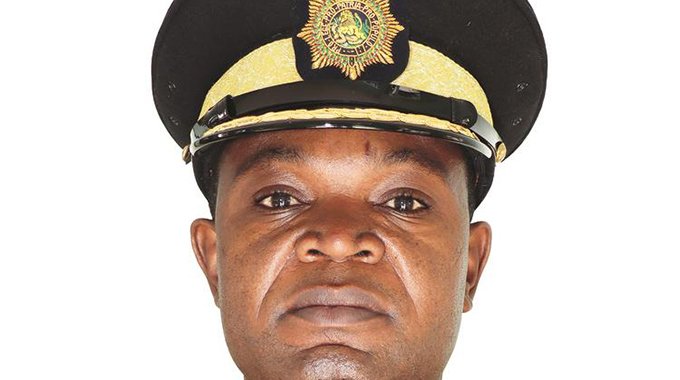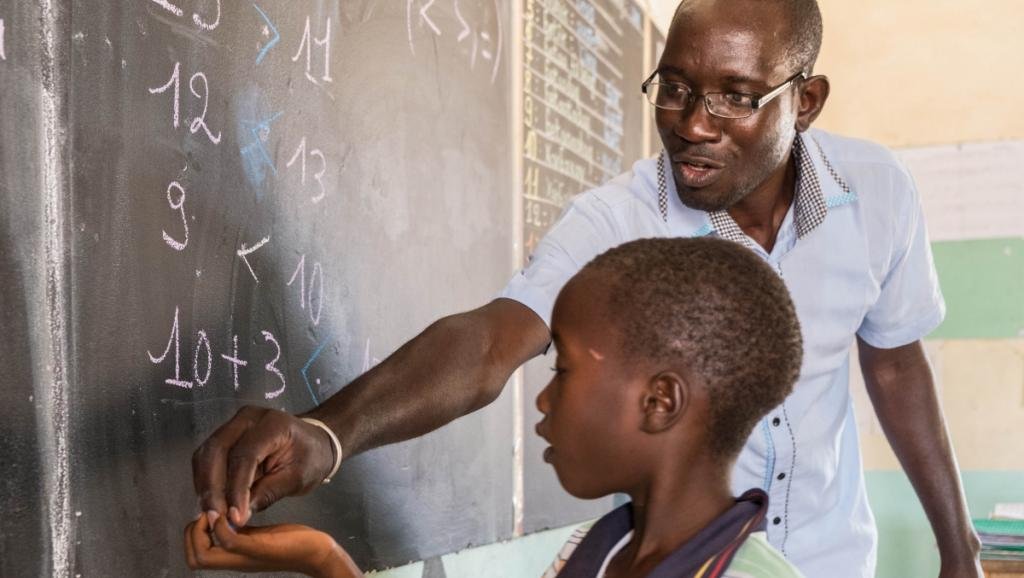Music star Jah Prayzah has become a hot potato that politicians in the ruling Zanu-PF party are finding difficult to handle.
It therefore did not come as a surprise that the album launch of his latest album Kutonga Kwaro was shunned by politicians who had in the past fallen over each other to associate with the Uzumba-born artiste.
For example, on March 27, 2013 at the defunct Jazz 105, top Zanu-PF officials flooded Jah Prayzah’s launch of the album Tsviriyo.
These included among others then Youth and Indigenisation minister Saviour Kasukuwere, Uzumba-Maramba-Pfungwe legislator Simbaneuta Mudarikwa, former Zanu-PF politburo member Tendai Savanhu and the flamboyant businessman and former Chinhoyi legislator Philip Chiyangwa.
Savanhu went on to pledge musical instruments while Kasukuwere promised to give Jah Prayzah’s band an undisclosed present.
But it was Chiyangwa who stole the limelight after he pledged to buy a copy of the music star’s album for $12 000.
He also gave the musician a residential stand.
The Kumbumura Mhute and Jerusarema album launches in 2014 and 2015 respectively also attracted a horde of politicians from the ruling Zanu-PF party.
The Jerusarema album launch was officiated by none other Vice President Emmerson Mnangagwa himself.
By his own admission, Mnangagwa had never attended an album launch before but he couldn’t, probably, turn down the chance to capitalise on Jah Prayzah’s popularity.
“I had never been at the concert before but . . . I am proud of our artistes,” said Mnangagwa then.
At the same event, Chiyangwa bought Jah Prayzah’s CD for $27 000.
Since he released the song Mdhara Vachauya last year, Jah Prayzah has been repeatedly mired in Zanu-PF’s succession battles with some in the ruling party claiming that the song was composed to prop up Mnangagwa as he bids to take over from President Robert Mugabe.
Jah Prayzah’s controversy in politics began when he released the hit Mdhara Vachauya which praises a certain powerful father figure — Shumba inoruma (a vicious lion).
Curiously, Mnangagwa is of the Shumba totem. As if this was not enough, some of the politicians aligned to the pro-Mugabe G40 faction, began using the hit as the “theme song” at the ongoing Presidential Youth Interface rallies.
The song is played whenever Mugabe makes his way to the podium.
Zanu-PF youth leader Kudzanai Chipanga declared at one Presidential Youth Interface Rally that the song Mdhara Vachauya was now the sole preserve of 93-year old Mugabe.
Yesterday, Jah Prayzah’s manager Keen Mushapaidze told the Daily News that they were not disturbed by the absence of politicians at the Kutonga Kwaro album launch.
“We never invite politicians, only the guest of honour and not the rest of politicians. They only came as Jah Prayzah fans just like other ordinary people.
“At all our musical events, we treat all fans equally.
On Friday, we never took note of the absence of politicians considering that we had a full house,” Mushapaidze said.
He once again denied that Jah Prayzah composes political songs but was quick to point out that they welcomed the controversy their music was generating.
“Art is out there to inspire people to talk. What we do as artistes is interpreted in different ways by different people. It only means you are still creative if people come up with various meanings to what you give them. It should never be too obvious,” he said then.
Despite this, the new album has already stirred controversy.
The lyrics of Kutonga Kwaro seem to have political undertones. The song talks about the advent of a hero. Part of Kutonga Kwaro goes: “Hero rasvika gamba (the hero has arrived.”
The song further suggests that the new hero will introduce new rules of engagement. “Ndaakuchinja mutemo (I am introducing new laws)…Zaruraiwo dura (open the granary)…nyangwe huku dzamawundura (even the chicken you have dressed)”.
The song’s call for the granary to be opened possibly implies that the new hero wants the wealth of the country, figuratively stored in the granary, to benefit many people.
Given the way Mnangagwa’s bid to power is being vigorously opposed by the pro-Mugabe G40 faction, the last part of the song is very topical.
“Kundinyenyeredza munzira vanondidedera (you don’t want to give me a chance because you are afraid of me.) Nyangwe kutondizonda ndakavaorora ini (They hate me because they have failed to suppress me.)”








